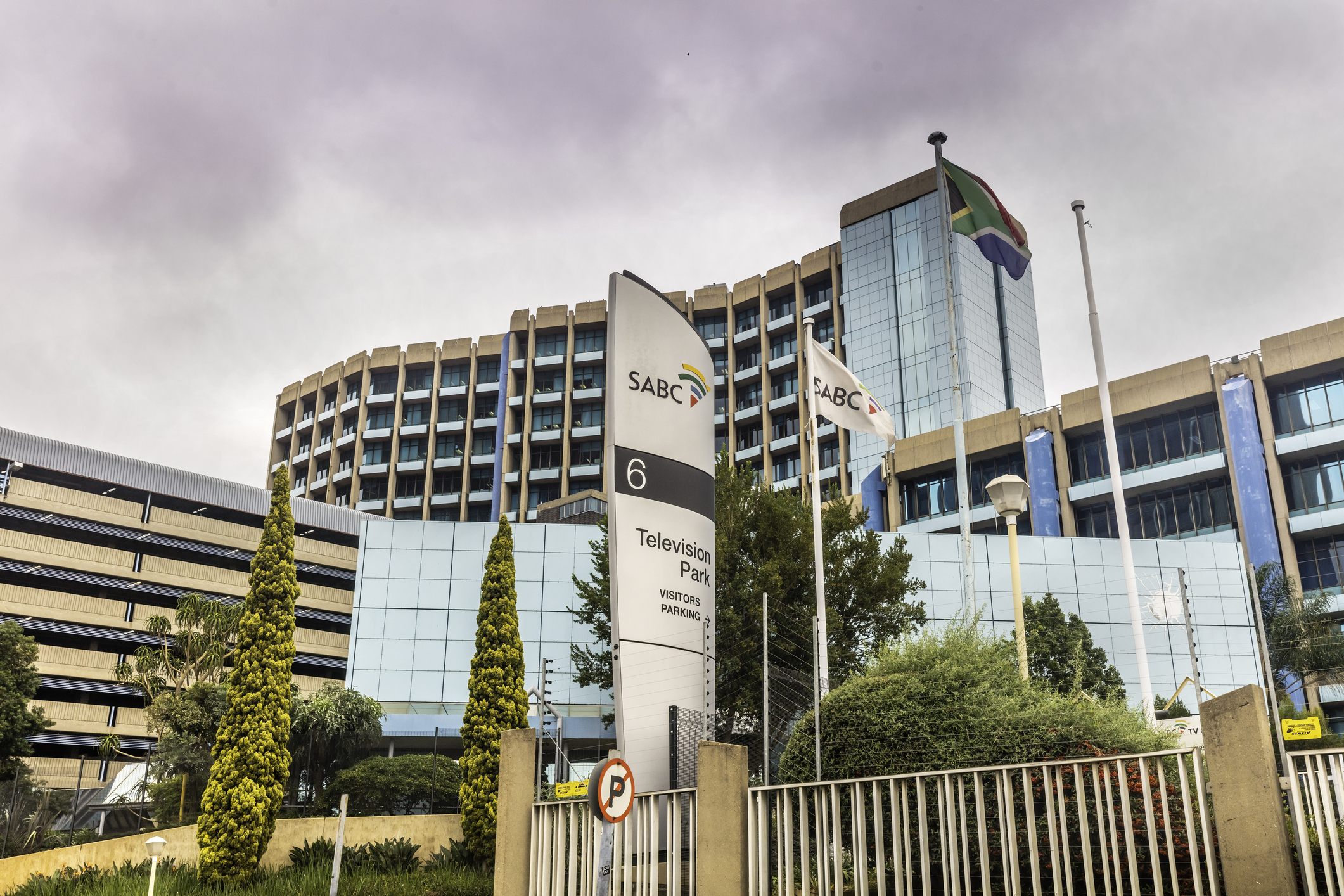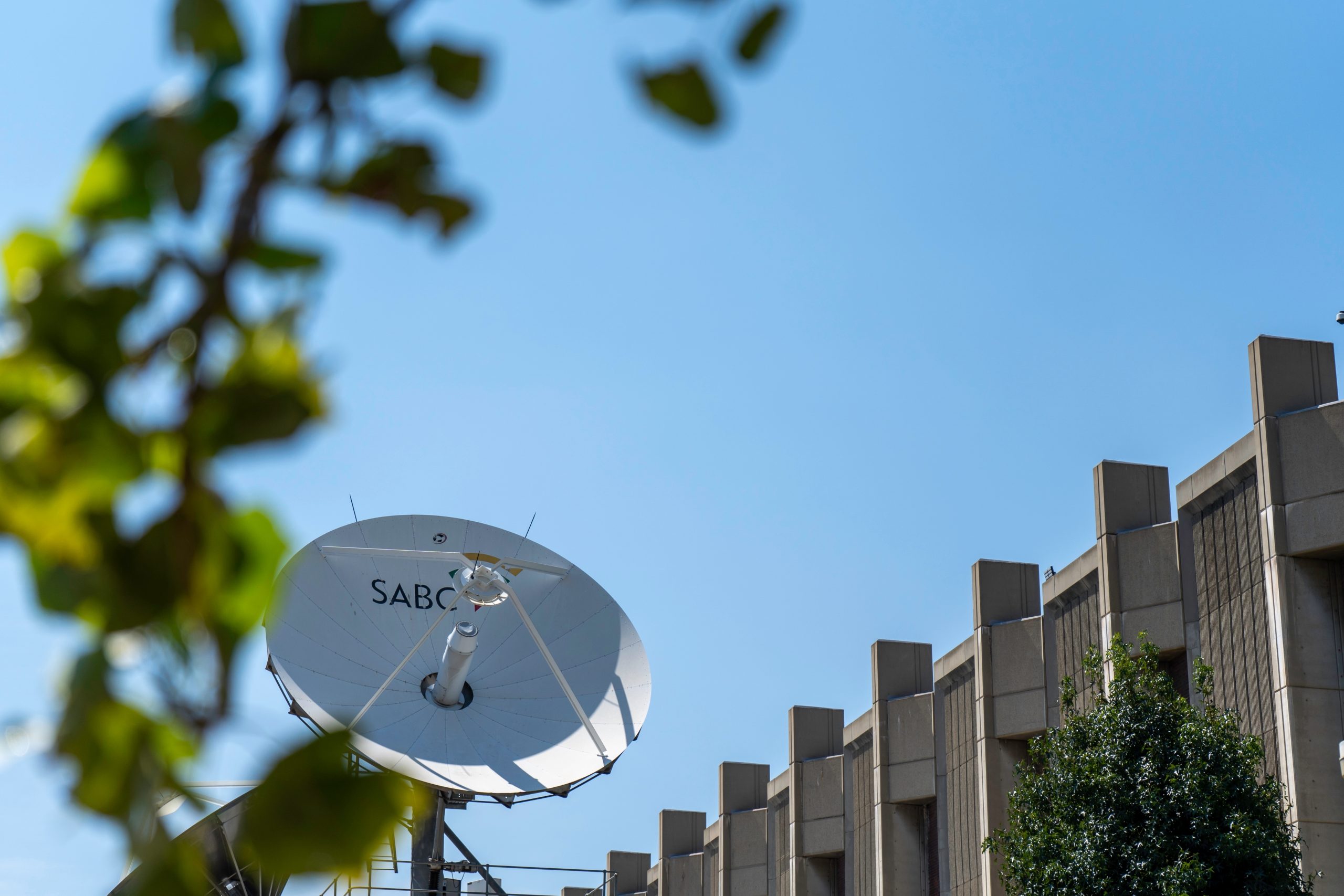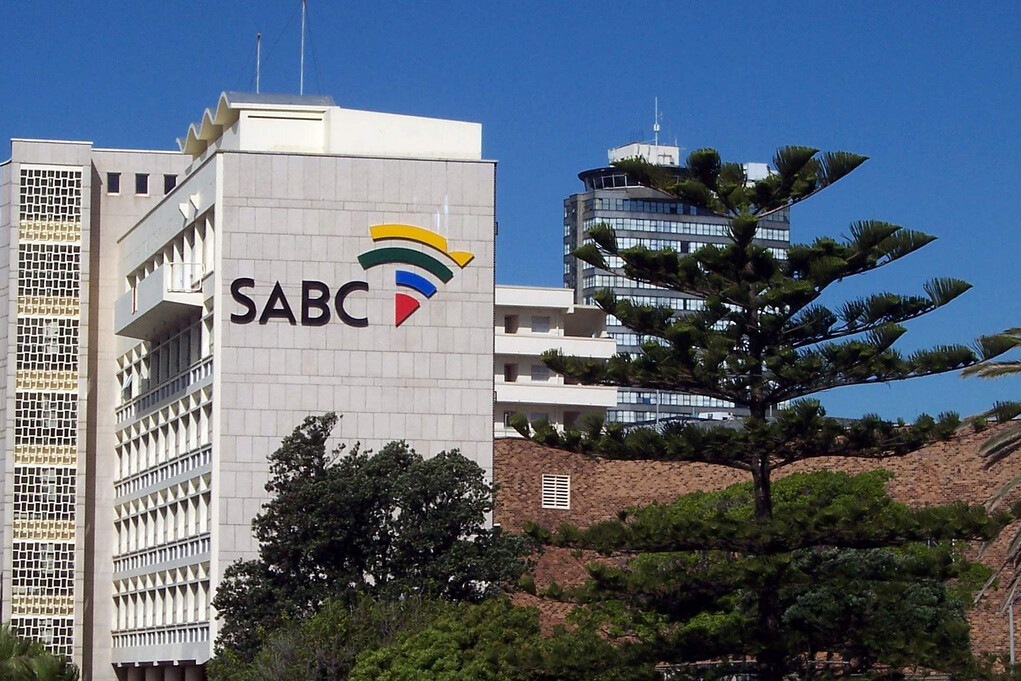South Africa: Journalists attacked as public broadcaster continues without board
31 March 2023
The South Africa National Editors’ Forum said there has been an increase in the number of attacks and threats to journalists in the country.

The safety of journalists in South Africa has come under the microscope, after two recent separate incidents. In mid-March, a crew of SABC journalists were attacked and one was hospitalised. At the time, the journalists were reporting on the EFF national shutdown in Cape Town. A week prior, a senior journalist working in the Eastern Cape for the Daily Dispatch was warned to “watch his back” for hitmen. Both attacks were condemned by the SA National Editors’ Forum (SANEF).
According to SANEF, the situation is becoming more common, with an increasing number of incidents. In one case, a journalist was forced to leave her home after she faced threats of violence by members of the community. “Our democracy is enriched when journalists are allowed to report fearlessly, without intimidation,” SANEF said, according to The Witness. “When this right is taken away from them, the victim is not simply the media, it is members of society who have a right to access information critical to the functioning of their country and democracy.”
Threats, harassment, and attacks are intended to censor and intimidate, and to prevent proper scrutiny. Every incident must be investigated and the perpetrators held to account to ensure a free press able to report without fear or favour.
Ongoing delays for SABC board
The attacks come when the independence of the country’s public broadcaster, SABC, is being scrutinised, with the situation becoming more pressing daily. The broadcaster has been without a board since the term for the old board ended in October.
Since PMA last reported on the situation in February, the government has continued to delay appointing a new board. Some of the delays were caused by confusion over the submission of 15 candidates when only 12 positions are available. The President Cyril Ramaphosa wrote to the speaker requesting clarity.
Meanwhile, the ruling party, the African National Congress, has said it was concerned by the delays. “Having a board at the SABC does guarantee the independence of the SABC,” said Nkenke Kekana, the communications subcommittee chair. “We are concerned that the delay is in itself not in the interests of the public.”
Delays have also been caused over the inclusion of Phathiswa Magopeni, the former SABC Head of News, on the list of board candidates. Ms. Magopeni was dismissed from her position in January 2022. After initially including her on the list and being approved for a board position in December, MPs subsequently raised concerns over her suitability. It is alleged by the Sunday Times the former Communications Minister, Khumbodzo Ntshavheni, intervened and raised concerns about Ms. Magopeni.
Subscribe toour newsletter
Keep updated with the latest public
media news from around the world
Board-less SABC impacting finances
So why have the delays caused so much frustration and fear?
The situation is leading to deep concern about how, without a board, the broadcaster might be left exposed to political interference. In early March, SABC’s CEO, Madoda Mxakwe, lamented the situation to politicians. Mr. Mxakwe was granted the powers of the SABC Board in February.
According to TimesLIVE, he was uncomfortable with the designation, and that it was having a serious impact on SABC’s financial viability. While being granted the powers of the board, he was also told ‘not to enter into any new or major financial commitments’. But this was impacting what the SABC has been trying to achieve. “We already have quite a lot of business plans that are geared towards revenue generation that the previous board tasked the management team with and those have not been approved and have affected our financial viability as an institution,” Mr. Mxakwe told the public finance watchdog, Scopa.
The former SABC board member, Michael Markovitz concurred on a TimesLIVE podcast and also questioned why new ventures, such as a new indigenous language news channel, had been signed off without a board in place. SANEF has also added its voice and called for the urgent appointment of a board to prevent “financial insolvency”.
But the risks to the finances are just one aspect. Another more pernicious fear is that the delays are a deliberate move to undermine the independence of SABC and, ahead of next year’s election, establish it as an organisation which reports in favour of the ruling party. In an opinion piece written for the Daily Maverick, Justine Limpitlaw, an Honorary Visiting Professor at the LINK Centre, said “It is beginning to look like the conspiracy theories might be justified.”
Columnist Eusebius McKaiser has similarly argued that the delays in appointing the board are because the President “fears an independent SABC board” ahead of the election.
Meanwhile, decisions affecting SABC are still taking place but without a board standing. Earlier this week, a new editor of SABC News was appointed.
The SABC is in a precarious situation. PMA is extremely concerned over the lack of a board. As admitted by the current CEO, former board members, and civil society groups, the broadcaster is suffering financially because of this delay. For the very survival of the broadcaster it is imperative it has a board. But PMA is also worried about how this might impact South Africa’s democracy. At times of high democratic engagement – most notably during elections – the public turn to public broadcasters as a source of news and trusted information. But without clearly demonstrated independence from government, it is difficult to earn and maintain that trust. While SABC remains board-less, its independence is under threat.
Related Posts
24th January 2023
SABC indigenous language news channel to be launched
SABC plans to improve news provision…

